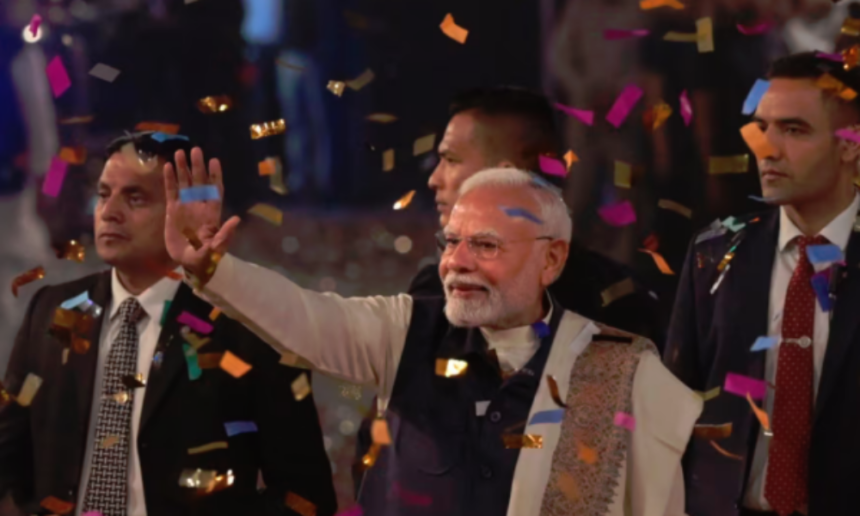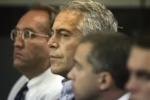India is hopeful that strategic relations with the United States will deepen during the second term of President-elect Donald Trump. As reported by VOA’s Anjana Pasricha from New Delhi, India is preparing to face potential pressure regarding trade relations with the U.S., which is the country’s largest trading partner.
India remains optimistic that the Trump administration will continue to strengthen ties between the two nations, especially in light of Trump’s strong stance on China during his first term. India, seen as a key counterbalance to China in the Indo-Pacific region, is eager to see Trump maintain his tough position on Beijing.
Trump’s Approach Toward China and India’s Role
Analyst Harsh Pant notes that during Trump’s first term, China was a central issue, with debates taking place at a different level than before. “India hopes that Trump will reinforce this stance, which will allow both India and the U.S. to find new ways to collaborate,” Pant explains. Marco Rubio, the nominee for Secretary of State, is also known for his firm approach towards China, which aligns with India’s strategic interests.
India, unlike some other countries, is not concerned by Trump’s second term, with New Delhi viewing the continuation of strong ties as beneficial. “In fact, the ‘Quad’ was revived during Trump’s presidency,” said India’s Foreign Minister Subramanian Jaishankar during a meeting in Australia. The “Quad” — a partnership between the U.S., Japan, Australia, and India — bolstered economic and security ties during Trump’s term, and India expanded its connections during this period.
Defense, Security, and Development Cooperation
Swaran Singh, a professor at Jawaharlal Nehru University, highlights that major strides were made in defense, security, and research development sectors during Trump’s presidency. India hopes Trump will adopt a more moderate approach to Russia, potentially easing tensions between Washington and Moscow, and facilitating India’s relationships with both powers.
India has continued to build trade and defense relations with Russia despite U.S. sanctions, and Singh believes that less extreme pressure on Russia from the U.S. would benefit India by preventing it from becoming overly dependent on China.
Trade Challenges Under Trump
However, Trump’s trade policies could create challenges for India, particularly in terms of tariffs. Trump has labeled India a “major tariff abuser” and removed its preferential trade status. India may be required to lower tariffs on American imports in response. “There will be give-and-take, negotiations, and compromises,” explains Chintamani Mahapatra from the Kalinga Institute for Indo-Pacific Studies.
Defense Cooperation and Manufacturing Issues
Another potential area of friction could be India’s plan to collaborate in the production of defense equipment purchased from the U.S. India is keen to attract investment from American defense companies to produce equipment locally, but this goal may clash with Trump’s “Make America Great Again” agenda, which aims to increase domestic production in the U.S.
Strengthening Bilateral Relations
Despite these challenges, New Delhi remains hopeful, thanks to the previous positive interactions between Prime Minister Narendra Modi and President Trump. “The relationships between political leaders are key to stabilizing ties, addressing differences, and strengthening connections,” Mahapatra notes.
Though optimistic, New Delhi is bracing for unexpected challenges with a leader who is often seen as unpredictable.







